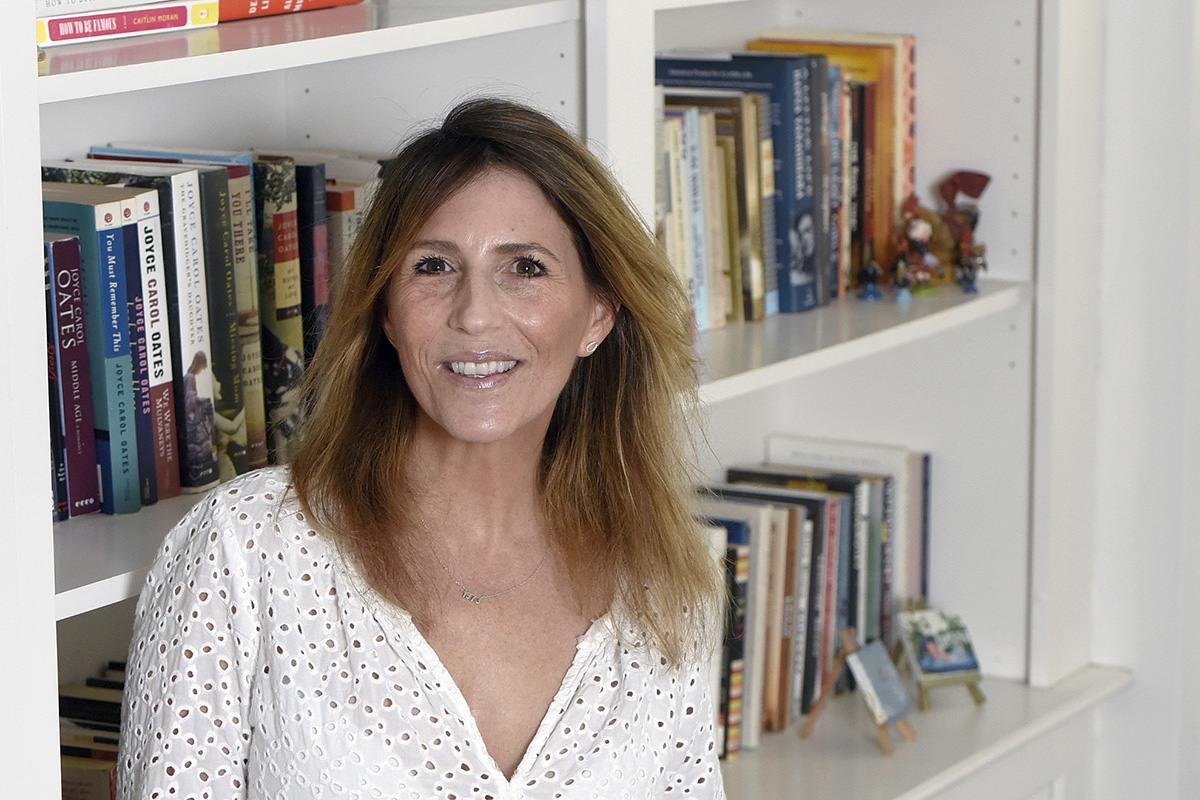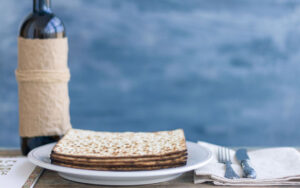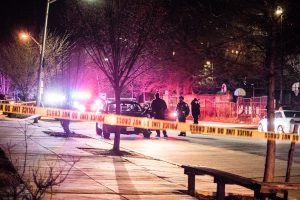“You’re Jewish?!” two girls asked while stopping me on the sidewalk near our homes. It was sometime in the second grade.
“Yes.”
Had their parents been talking about my family, the only Jews in this Southern California suburb?
“You killed Jesus!” one of them said.
“I did?”
I knew he’d been crucified. Christians walked around town with the weapon of his destruction hanging from their necks and tacked to their walls. It was a hard detail to miss. But I was unclear about who exactly committed that crime.
Those girls had just come home from CCD, Catholic classes. Back then I believed if you went to CCD, it didn’t mean you were another breed of person. It just meant your mother changed out the dishes at Christmas, hung a wreath on the door, and covered the banisters with bows and bells.
My best friend’s family invited me to a Christmas sing-along each year. “This is Debbie’s best friend, she’s Jewish,” they often said. I found this odd since being Jewish seemed like nothing to report. I loved singing and Christmas carols; how did Judaism change any of that? Should it be announced I’m white before singing a Jackson 5 song?
To me, being Jewish meant we didn’t go to church, didn’t have Christmas lights, my father said oy and called people schmucks, my mother used Yiddish words to crack herself up, there were bagels in the kitchen, and matzoh replaced bread at Passover. It also meant my brother, sister and I skipped school during the High Holidays. The conversation went like this. Dad: “It’s Yom Kippur. You kids want to come to shul with me or go to school?” Kids: “SHUL!”
Why would any of this be of interest to the Christmas caroling crowd?
I knew my family was different. Each family is different in its own, intricate and fascinating way. But even after being accused of killing Jesus, I saw myself as an insider-Southern Californian, like the rest of the suntanned girls in the neighborhood. Our homes and parents may not have matched up but I was a CCD girl, minus the catechism and Christmas dishes.
Like me, my daughters went to school with very few Jewish kids. No one ever taunted them about killing Jesus, but my daughter Ella was crucified once when she was 12. As though someone put Bible stories into a blender and shredded them until they were a pulpy mess of misinformation, Ella’s friends decided that because she was Jewish and it was Chanukah, she should be crucified. (There is no logic, don’t try to find it.) Ella had known these girls since kindergarten, she always saw herself as one of them.
In the basement playroom, the girls pushed a table up to a pillar. Ella willingly, happily, climbed onto that table and stood with her hands above her head and her feet crossed as the girls duct-taped her to the pillar. They pushed the table away so she was suspended on her “cross,” and then smeared jam on her feet for blood. After taking a couple pictures on their phones, they turned their focus to video games.
“Were you claustrophobic? Were you losing your mind?” I asked her in the car. It sounded like torture to me.
“No,” Ella said. “It was relaxing. I just watched them play video games, and the dog jumped up and licked the jam off my feet.”
Ella has more grit than a half-paved road. For another kid, this event might’ve spawned a memoir, a movement, a disavowing of faith or a reaffirming of faith and a move to a kibbutz. For Ella, it was no different than the day her girl gang tried to pierce their own belly buttons, with Ella’s body being the only one that ended up punctured by a three-inch needle.
It is so easy to see people as outsiders. Yes, we all are different and, yes, Jews, Christians and Muslims do things differently. But essentially, we are exactly the same: humans, trying to love, trying to live with faith, or without faith, trying to raise happy, healthy, smart and loving kids.
Maybe our uncountable differences are not what creates the feeling of “otherness.” Maybe “otherness” is borne out of our confusion, or misinformation, or fear in the face of our differences.
The CCD girls had just learned about Jews and took me as a placeholder for that yet-digested lesson. Some version of that is probably true for Ella’s friends.
We are all on both sides of this equation. I’m as guilty as anyone. When people are “othered” into a category, we lose sight of the infinite greatness within each individual. I find my life is much richer, and Baltimore feels like a far better place when I engage with people case by case, person by person. I am a singular open heart trying to connect to another open heart, no matter how far apart our worlds might seem.
Jessica Anya Blau is a Baltimore-based author. Her latest novel is “The Trouble with Lexie.” (Harper Perennial).





